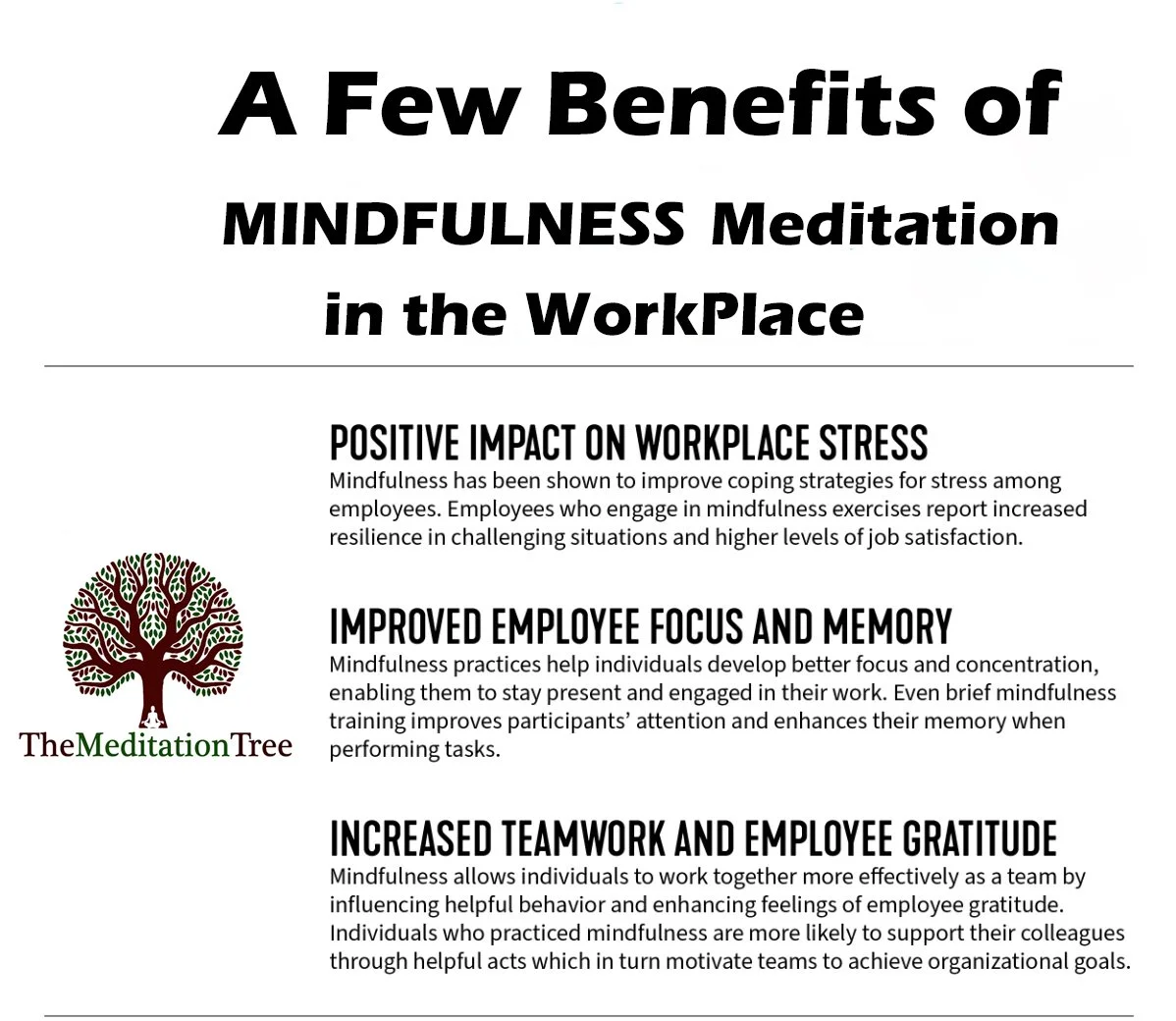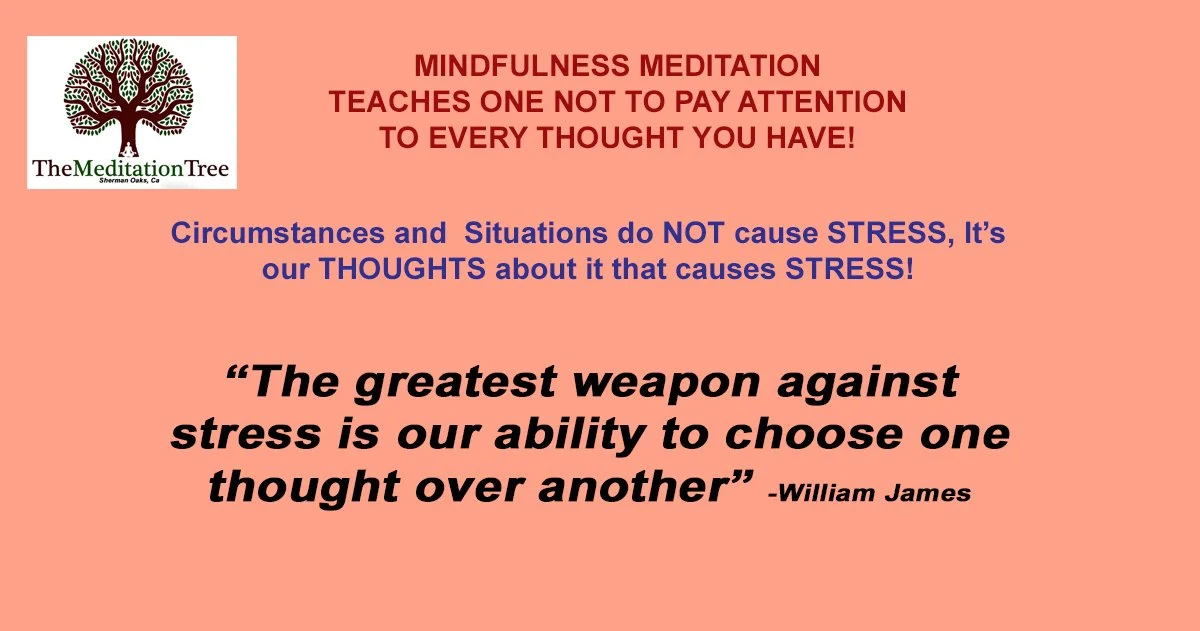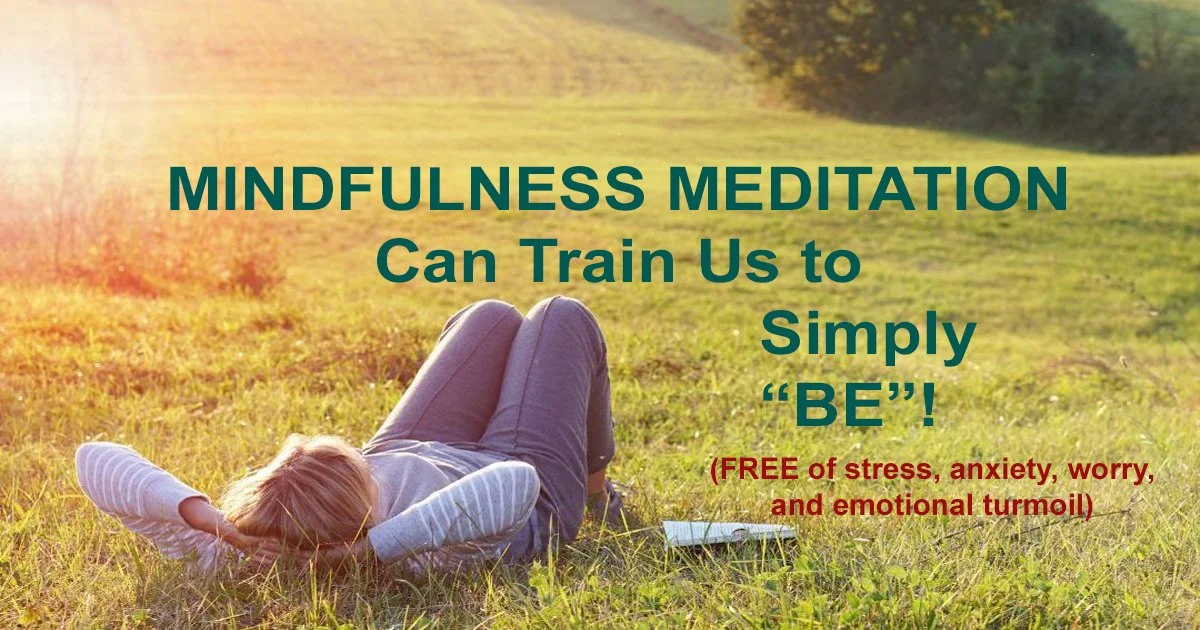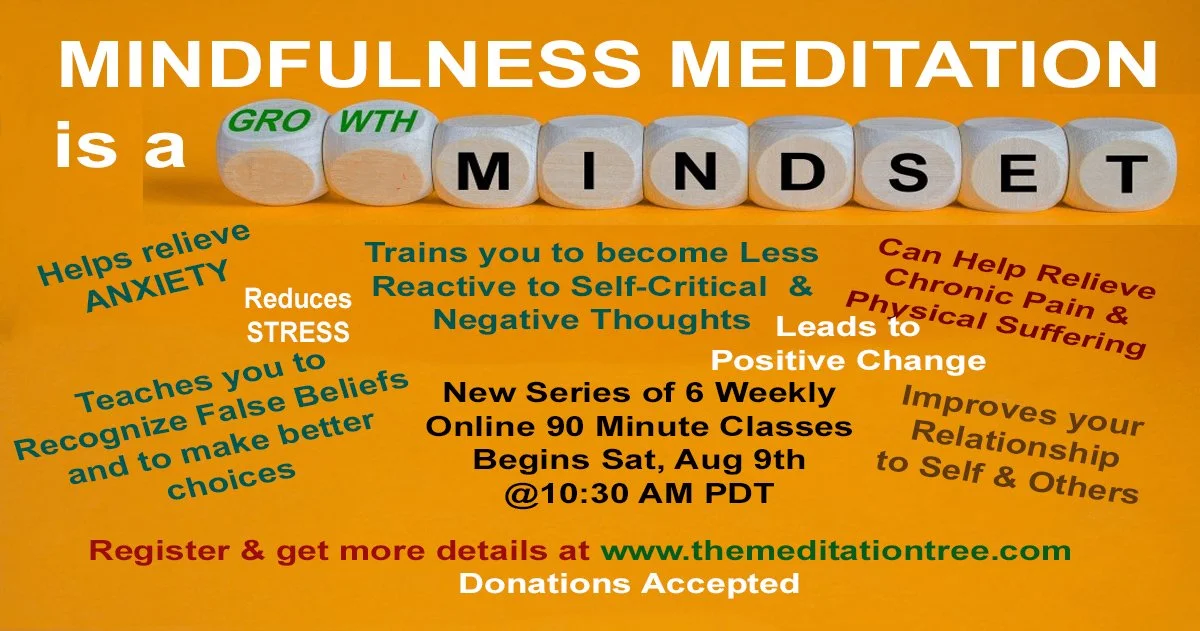Happy New Year to All! May 2026 bring you not only much Joy, Happiness and Good Health, may it be a Year of Positive Change.
As pointed out by many of our great philosophers, we have so little (if any) control over the external events and circumstances in our lives. Happiness is a choice and it is dependent on our own thoughts and conditioned reactions to the frequent and inevitable challenges we have faced throughout our lives.
When we experience disappointment or what we often label as “failure”, we tend to over-analyze and blame, we direct negative judgements and self-talk towards others and ourselves. We go into a “funk” or often sink into a depressed state of mind. So often, when we cling to our own self-declared expectations, we lose sight of the joy and beauty life affords us. We lose faith in the pursuit of our goals not realizing that the goals we set for ourselves are not always fixed. They are susceptible to change. When faced with a “let-down”, we have to remember we have a choice. We can choose to either suffer by clinging to our negative and detrimental emotional reactions or we can choose to find that renewable energy, that resides within us and then, to simply move forward in life with renewed aspirations, dreams and goals.
So, my wish for you this New Year, when the unexpected arises, you find a renewed sense of purpose in your lives. May we remind ourselves that we are here to enjoy life to enjoy and help each other to live with much compassion, with much kindness and respect towards ourselves and others. We must seek personal fulfillment and to move forward in our lives despite our “ups & downs”. This is what rewards us with HAPPINESS and all the joy we need and seek.
The ability to CHANGING our patterns of negative thinking and reacting to our behavioral patterns in the same harmful way over and over again is one of the many benefits of a daily Mindfulness Meditation practice. All it takes is determination and as little as 10 to 20 minutes a day to create the changes you need to find a more positive and productive alliance with your innerself.
"I, not events, have the power to make me happy or unhappy today. I can CHOOSE which it shall be. Yesterday is dead, tomorrow hasn't arrived yet. I have just one day, today, and I'm going to be happy in it,"- Groucho Marx





















